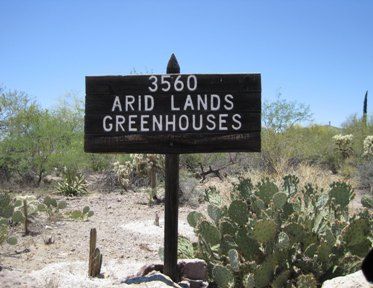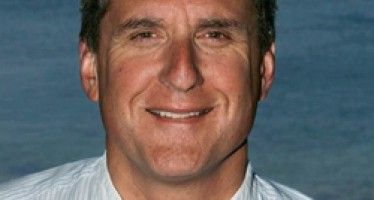Arid-headed water war breaks out between LA and PHX
March 20, 2013
By Wayne Lusvardi
 The word arid has two meanings: insufficient rainfall to grow trees or dull and boring. The second meaning seems to characterize the level of intelligence that’s on display in the recent media water war that has broken out between the major newspapers in Los Angeles and Phoenix.
The word arid has two meanings: insufficient rainfall to grow trees or dull and boring. The second meaning seems to characterize the level of intelligence that’s on display in the recent media water war that has broken out between the major newspapers in Los Angeles and Phoenix.
This e-water war was provoked by William deBuys’ op-ed article in the March 14 Los Angeles Times, “Phoenix’s Too Hot Future.” The Phoenix-based Arizona Republic newspaper retorted on March 15 with an editorial, “Los Angeles More of a Water Vacuum than Phoenix.”
DeBuys is the author of the book: “A Great Aridness: Climate Change and the Future of the American Southwest.” He is a Ph.D.-holding environmentalist who lives on a farm in New Mexico. His book adds to the growing number of recent gloom-and-doom books on water that give predisposed pessimistic and fearful readers what they want to hear. But deBuys’ provocative article is meant to set back the real progress that has been made between California and Arizona in its longstanding war over Colorado River water.
This is why deBuys inserts into a discussion of water references to the culture war between California and Arizona over the controversial topic of immigration and contentious Maricopa County Sheriff Joe Arpaio. Many of the online commenters take their cues from deBuys’ provocations and aim emotional potshots at each other without gaining any new information on the water issues between the two states.
Author won’t let facts, history get in way
DeBuys charges that Phoenix is creating too much global warming that will suck water out of the Colorado River, leading to hydroelectric power shortages and Katrina-like natural disasters. DeBuys claims that Phoenix’s high-profile dust storms are caused by its contribution to climate change.
But it is deBuys’ total omission of the history of the Colorado River Compact and the famous California vs. Arizona U.S. Supreme Court case that makes his argument arid. If it weren’t for the obstreperous W.S. Norviel of Arizona, California and the other Lower Basin states in the Colorado River Compact that was finalized in 1944 probably would not have been allocated half of the river’s available water. And if Arizona had not shorted itself of its full entitlement of water over the past few decades, California would have been shorted of bonus water. But deBuys prefers to use clichés that incite resentment and reverses the historical record: “If cities were stocks, you’d want to short Phoenix.”
Now that Phoenix is taking its full river water allotment by building the Central Arizona Project, California is finally the state this is shorted. This is why California is proposing to spend up to $39 billion to shift from depending on Colorado River water to tapping wet year water surpluses from the Sacramento Delta. California has been living off the good graces of unused Arizona water surpluses for decades. Now Phoenix has decided to put its water surplus into sustainable water banks. But deBuys charges that it is Phoenix — not Los Angeles — that is unsustainable.
No, Phoenixians aren’t on the brink of frying
DeBuys also is scientifically challenged. He contends that the urban heat island effect from the paving of the Arizona desert will fry Phoenixians. As Stanford University climatologist Mark Jacobson has pointed out, combating warming near the ground surface will result in the dreaded inversion layer that traps air pollution. Jacobson states that efforts to reduce global warming would be a “public health disaster waiting to happen.”
In other words, if there is going to be a Katrina-like disaster in Phoenix, it is likely to be caused by efforts to combat global warming. So much for deBuys’ fear-mongering.
The entire federal water storage and hydraulic conveyance system in the Southwest was put into place precisely to lessen the natural droughts caused by “climate change.” By building a regional water works system spreading over several states and watersheds, local droughts could be overcome and urban civilization could thrive in arid areas. The Metropolitan Water District of Southern California and the U.S. Bureau of Reclamation were 100 years ahead of the negative environmental prophets of today in building a sustainable water system that would withstand “climate change.”
If you want an informed discussion about water shortages and climate change, avoid the false pop prophets of water decline and catastrophe.
Related Articles
Firearm association accuses Fish and Game commissioner of conflict of interest
One of the most controversial bills passed this year by the California Legislature was Assembly Bill 711, by Assemblyman Anthony
State is always hiring
MAY 28, 2010 “The California Government is Always Hiring,” boasts an advertisement in Capitol Weekly newspaper. “Even during recent hiring
Oakland violent crimes No. 3 in country
Jan. 13, 2013 By Katy Grimes A tiny blurb tucked away on page A4 of the Sunday Sacramento Bee today,



